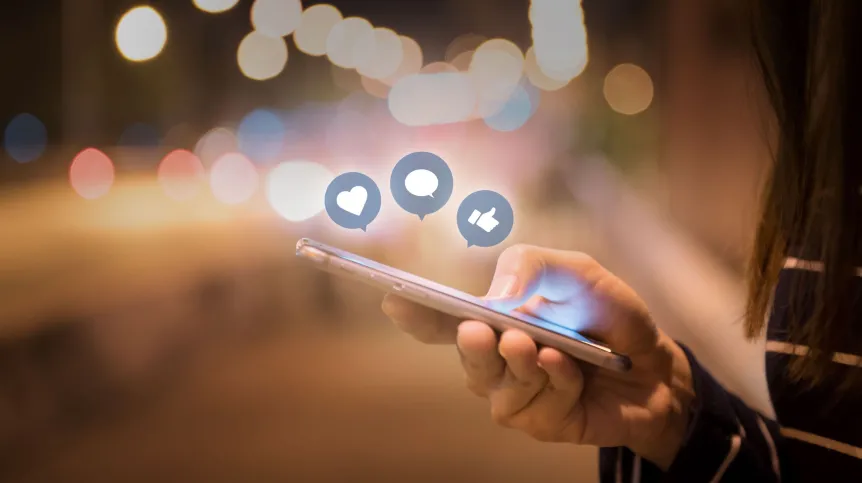
A new study from the John Paul II Catholic University of Lublin has found that young social media users who delay bedtime without a rational reason, a behaviour known as sleep procrastination, experience poorer sleep quality and more symptoms of depression.
The research, titled “Problematic use of Instagram in the relationship between chronotype, sleep procrastination, everyday satisfaction and sleep quality,” was conducted using the diary method.
Over 10 days, 217 high school and college students completed short mobile surveys twice daily, allowing scientists to track how their moods and habits changed throughout the day.
“Excessive use of Instagram is associated with poorer sleep quality and more frequent delaying going to bed. As a result, it leads to worse well-being and reduced life satisfaction,” said the study’s author Professor Aneta Przepiórka.
She added that members of Generation Z have grown up in the digital world, learning, communicating, and building relationships online. However, she warned that uncontrolled use of social media, particularly at night, can have harmful effects.
The study shows that this behaviour strengthens the evening chronotype — a natural tendency to be more active at night. “Owls” are more likely to stay awake browsing social media, which disrupts their circadian rhythm and increases the risk of low sleep quality and depressive symptoms.
Researchers note that physiology plays a role as well. The light emitted by smartphone screens inhibits the secretion of melatonin, the hormone that regulates sleep. As a result, the body does not regenerate properly, and chronic fatigue and irritability follow.
This creates a cycle: the less people sleep, the more they turn to their phones for stimulation, further disturbing sleep patterns.
The study also confirmed a connection between intensive Instagram use and depressive symptoms.
Some young users experience the social comparison effect — feeling less attractive or less satisfied with their lives after viewing idealized photos of others. Conversely, people with low mood often turn to social media to boost their well-being, which paradoxically worsens emotional problems.
“Our study shows that sleep and emotions are closely related to online behaviour. Today, a regular circadian rhythm and digital hygiene, especially in the evening, are key elements of mental health prevention,” said Professor Przepiórka.
Experts say that young people need more sleep than adults because their bodies are still developing. However, many sleep too little, and this deficiency negatively affects concentration, learning, and social relationships.
According to researchers, problematic use of social networking sites may be one of the emerging threats to young people’s mental health. Understanding these mechanisms, they say, is essential for developing effective prevention and education programs.
Mira Suchodolska (PAP)
mir/ joz/
tr. RL













